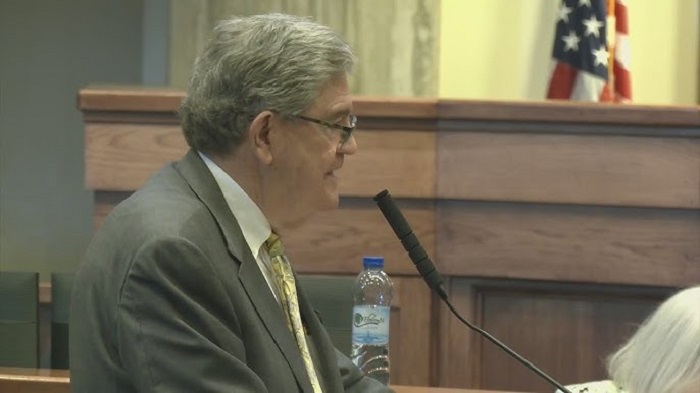MONTGOMERY, Ala. — In a move to support local drugstores, the Alabama Senate has passed the Community Pharmacy Relief Act, a bill that seeks to address financial challenges faced by independent pharmacies due to the practices of Pharmacy Benefit Managers (PBMs). The bill is seen as a potential solution for community pharmacies that claim they are being undercut by PBMs, which often reimburse them for prescription drugs at rates lower than their actual cost.
For pharmacists like Anna Noojin, a second-generation owner of Boaz Discount Drugs in Boaz, the issue has been a growing concern. “Every day I sit here and fill prescriptions, and we see them come back in red,” Noojin said. “We’re losing money on what we pay for prescriptions. The PBMs are reimbursing us less than that.” This, she explained, has made it increasingly difficult for local drugstores to survive in a competitive market dominated by larger players.
The Community Pharmacy Relief Act aims to change this by requiring PBMs to reimburse pharmacies based on the actual cost of acquiring drugs, plus an additional $10.64—matching the Medicaid reimbursement rate. Senator Billy Beasley (D-Clayton), a pharmacist himself, argued that the current system disadvantages consumers, especially when generic drugs are available at a fraction of the cost. “Even though a generic drug may cost half as much, PBMs prevent pharmacies from offering it at that price, which penalizes the consumer,” Beasley stated. “This bill will remedy that.”
However, the bill has sparked debate, particularly among those concerned about its broader economic impact. Robin Stone, representing the Alliance of Alabama Healthcare Consumers, warned that the bill’s reimbursement requirements could result in higher costs for large employers in the state. These employers, such as Hyundai, Honda, Mercedes, and Airbus, provide health insurance to over 2.7 million people in Alabama. Stone argued that the added costs would ultimately be passed down to employees and their families, exacerbating the already high cost of living in the state.
“We are targeting large, marquee employers in Alabama,” Stone said. “The added costs of this legislation will impact their employee benefit programs, potentially leading to increased costs for families who are already struggling.”
In response, Senator Andrew Jones (R-Centre) sought to clarify that the bill prohibits these additional costs from being passed on to consumers. “The actual acquisition cost of the drug, plus the reimbursement, which is based on Medicaid, cannot be passed on to the consumer,” Jones emphasized. “Anything to the contrary is just a scare tactic.”
As the bill now heads to the House for a committee vote, its supporters remain optimistic that it will provide much-needed relief to struggling local pharmacies, while opponents continue to voice concerns over its potential effects on the state’s economy and employees. If signed into law, the act would take effect immediately, with some regulations for PBMs set to begin on October 1st.
The future of the Community Pharmacy Relief Act is now in the hands of Alabama lawmakers as the debate over its economic impact and benefits to consumers continues.









